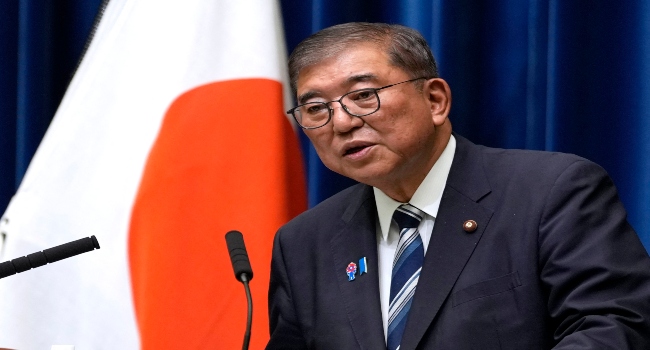Japanese Prime Minister Shigeru Ishiba announced his resignation on Sunday, after less than a year in office, amid mounting pressure from opponents and a notable decline in his party’s parliamentary majority. This development introduces fresh uncertainty for the world’s fourth-largest economy, already grappling with rising food prices and the repercussions of US tariffs on its vital automotive sector.
Ishiba, 68, revealed his decision during a news conference, stating that he believes this is the appropriate moment to step down, given the recent conclusion of negotiations on US tariff measures. He expressed his intention to remain in position until a leadership election is held, allowing the long-dominant Liberal Democratic Party (LDP) to prepare for the transition. The US recently lowered tariffs on Japanese autos from 27.5 percent to 15 percent, following a trade pact negotiated in July, although the industry is still expected to face significant challenges.
Ishiba’s tenure as prime minister has been marked by significant electoral setbacks, including the LDP’s worst result in 15 years in the lower house elections in October 2024 and a poor performance in the upper chamber vote in July. His opponents had been calling for his resignation to take responsibility for these outcomes. The party’s decline in popularity can be attributed to various factors, including rising prices, falling living standards, and corruption scandals.
The LDP, which has governed Japan almost continuously since 1955, is now poised to elect a new leader. Ishiba’s most prominent rival, Sanae Takaichi, a hardline nationalist, is likely to contest the leadership election, having come close to winning the previous election. Other potential contenders include farm minister Shinjiro Koizumi. A recent Nikkei survey suggested that while some respondents favored Takaichi or Koizumi as Ishiba’s successor, a majority believed a leadership contest was unnecessary.
Ishiba’s resignation marks a significant shift in Japan’s political landscape, with potential implications for the country’s economic and foreign policies. As the LDP prepares for a leadership election, the nation awaits the next steps in its political journey, amidst ongoing challenges and uncertainties.
